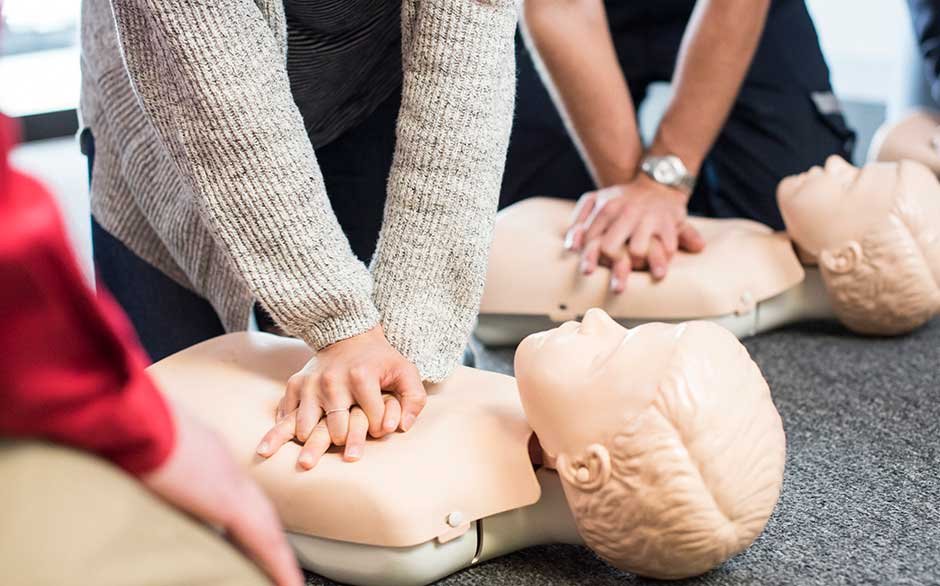In a world where emergencies can strike at any moment, having the right skills can mean the difference between life and death. Cardiopulmonary resuscitation (CPR) is one of the most essential emergency response techniques that anyone—regardless of profession or background—can and should learn. CPR classes teach you more than just theory; they also give you hands-on experience that makes you ready to act quickly and confidently when it matters most. Whether you’re a parent, teacher, or simply a concerned citizen, enrolling in a certified CPR program can empower you with the tools to save lives.
Practical, Hands-On Experience
One of the best things about CPR training is that you get to practice on real people. These courses simulate real-life emergencies, such as cardiac arrest or choking incidents, using mannequins and other training equipment. Participants learn how to assess situations, call for help, and deliver chest compressions and rescue breaths with proper technique. This repetition and muscle memory are critical in high-stress situations, where panic and uncertainty can cloud judgment.
For residents and workers in Queensland, enrolling in a first aid course Brisbane offers the added benefit of region-specific training. Courses often include insights into how emergency services function locally and how to respond during Brisbane’s unique environmental conditions, such as during heatwaves or floods.
Boosting Confidence and Preparedness
A common fear among bystanders during emergencies is the worry of doing something wrong. CPR training addresses these fears by building confidence through knowledge and repetition. When someone collapses, immediate action can drastically increase their chances of survival. People who know how to do CPR are more likely to help without thinking twice.
You can learn how to stay cool and focused when you are under a lot of stress by taking a first aid course in Brisbane. These courses teach you not just the how, but also the why—understanding the physiology behind cardiac arrest and the impact of CPR on survival rates can be incredibly motivating.
Learning to Assess and React
A quality CPR course goes beyond compressions and breaths. It teaches you how to assess the scene for safety, check for responsiveness, and determine whether someone needs CPR. These decision-making skills are crucial in emergencies, where every second counts. Additionally, you’ll learn how to use an Automated External Defibrillator (AED), an increasingly common device found in public places like airports, gyms, and schools.
Residents taking first aid Brisbane courses are often surprised to discover how many AEDs are already available in their community—and how easy they are to use once you’re trained.
CPR for All Walks of Life
While CPR is a life-saving skill for everyone, it’s especially crucial for people in caregiving roles. Parents, teachers, coaches, and aged care workers often find themselves in situations where a quick response is vital. In Brisbane, many workplaces and community organisations now encourage or require employees to complete a first aid course to meet safety regulations and workplace health compliance.
This proactive approach helps create safer environments where everyone—from infants to the elderly—can feel more secure knowing that trained responders are nearby.
The Broader Benefits of CPR Training
Taking a CPR course doesn’t just prepare you to act in emergencies—it also promotes a culture of safety and responsibility. When more people are trained, the entire community becomes stronger and more resilient. Programs in first aid Brisbane not only teach lifesaving techniques but also inspire individuals to be more health-conscious and aware of those around them.
In conclusion, CPR courses are a critical investment in personal and public safety. Whether you’re responding to a loved one or a stranger, the skills gained from a CPR training course can turn a bystander into a hero. If you’re in Brisbane and ready to gain these life-saving skills, consider enrolling in a certified first aid course Brisbane today. It’s not just a course—it’s a step toward building a safer community.

